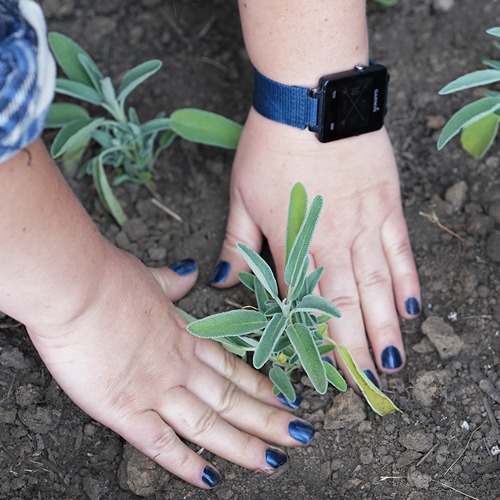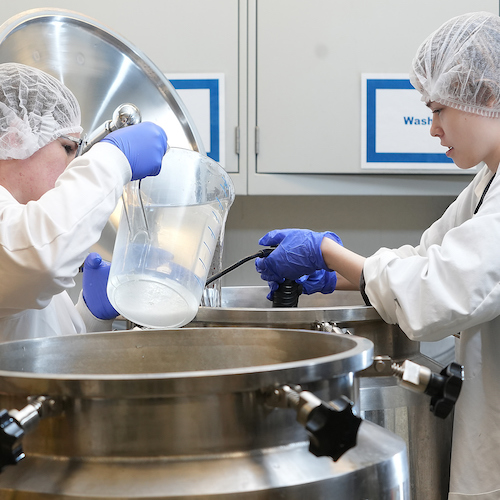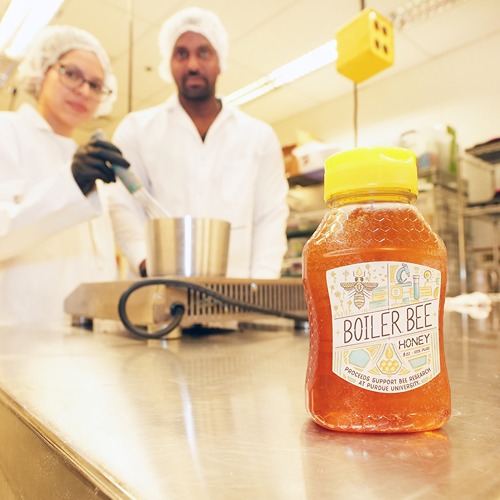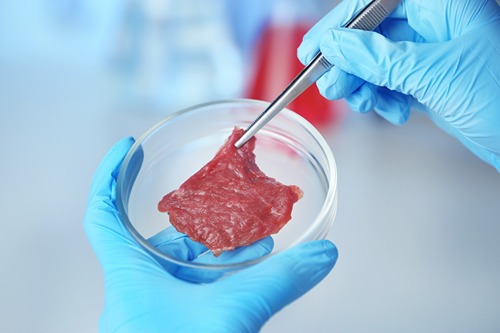Agricultural Research and Graduate Education
Purdue Agriculture is known around the world for groundbreaking multidisciplinary research that addresses society’s most pressing challenges. Agricultural Research and Graduate Education connects researchers with opportunity to enable world-changing discoveries in agriculture and life sciences.
Agricultural Administration Building, Room 126
615 West State Street
West Lafayette, IN 47907
765-494-8362
agresearch@purdue.edu
Graduate Spotlight
Graduate Spotlight
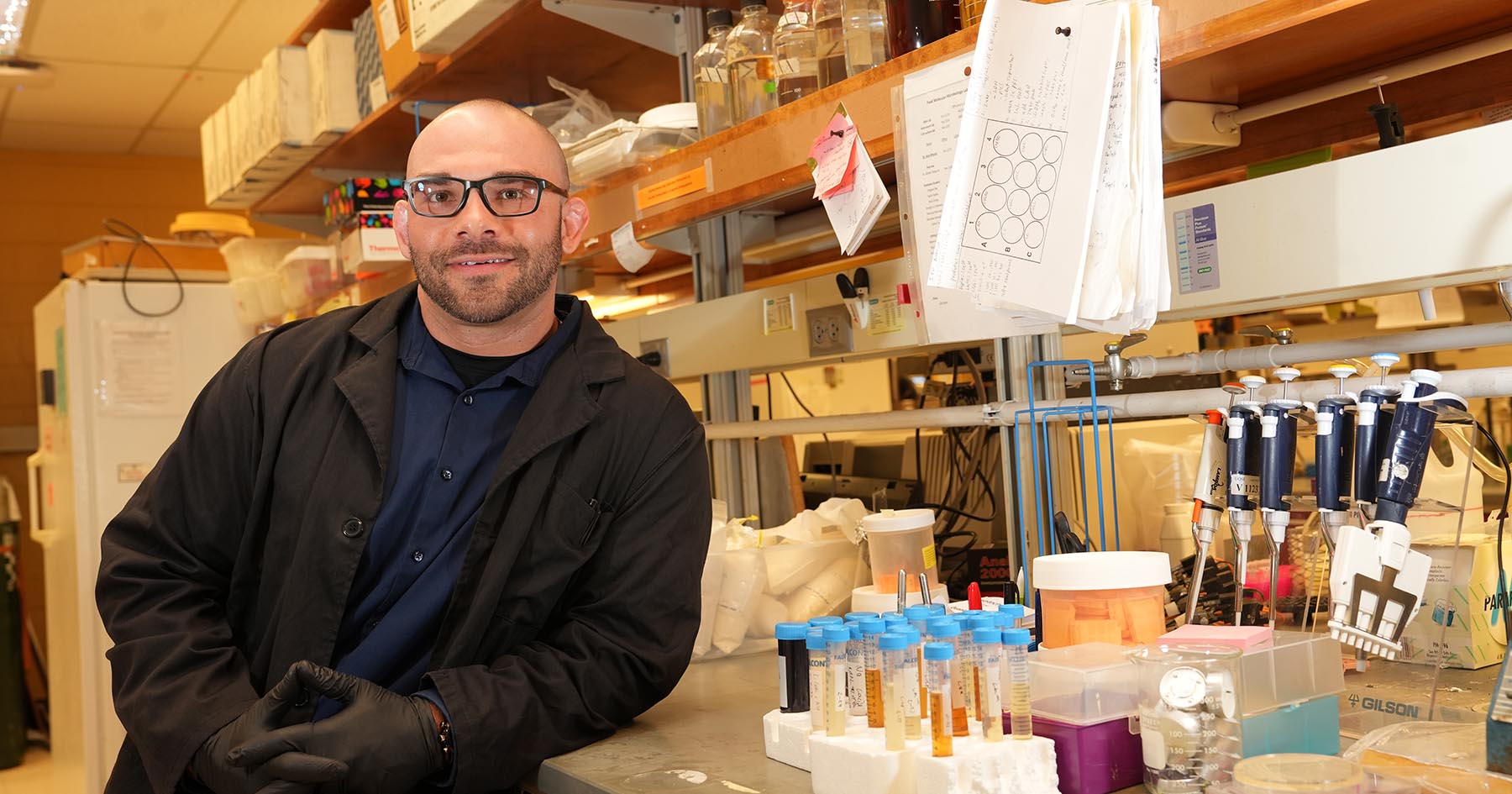
If it’s one thing Nick Gallina knows, it’s the value of perseverance. Growing up in Griffith, Indiana, Gallina overcame a developmental disorder that made academics challenging until science “clicked” in high school. Two TV...
Read MoreBehind the Research
Behind the Research
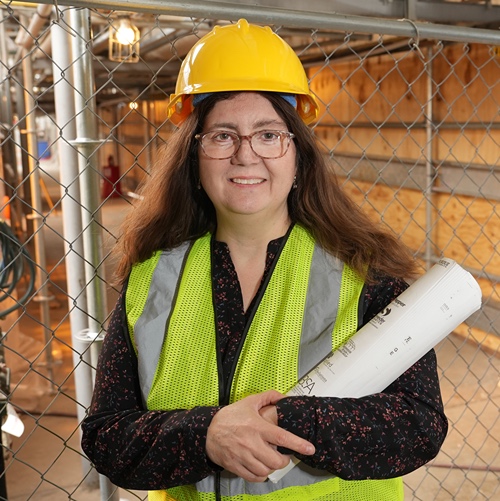
Many people are involved in the remarkable range of programs, services and facilities that undergird research in the College of Agriculture. Collectively they’re integral to the college fulfilling its research mission. “Behind the...
Read More
Brad Shelton, superintendent of the Feldun Purdue Agricultural Center (FPAC), received the Lawrence County Cattleman of the Year Award at the Lawrence County Cattlemen’s Association-Indiana annual meeting.
Read MorePurdue Ag Centers / Can-Am Partnership
AG NEWS
Elements
Elements is a new faculty reporting tool for all West Lafayette campus for administering annual reviews. It is led by the Provost’s office, managed by Institutional Data Analytics + Assessment (IDA+A), and shared across all colleges and schools.
Elements